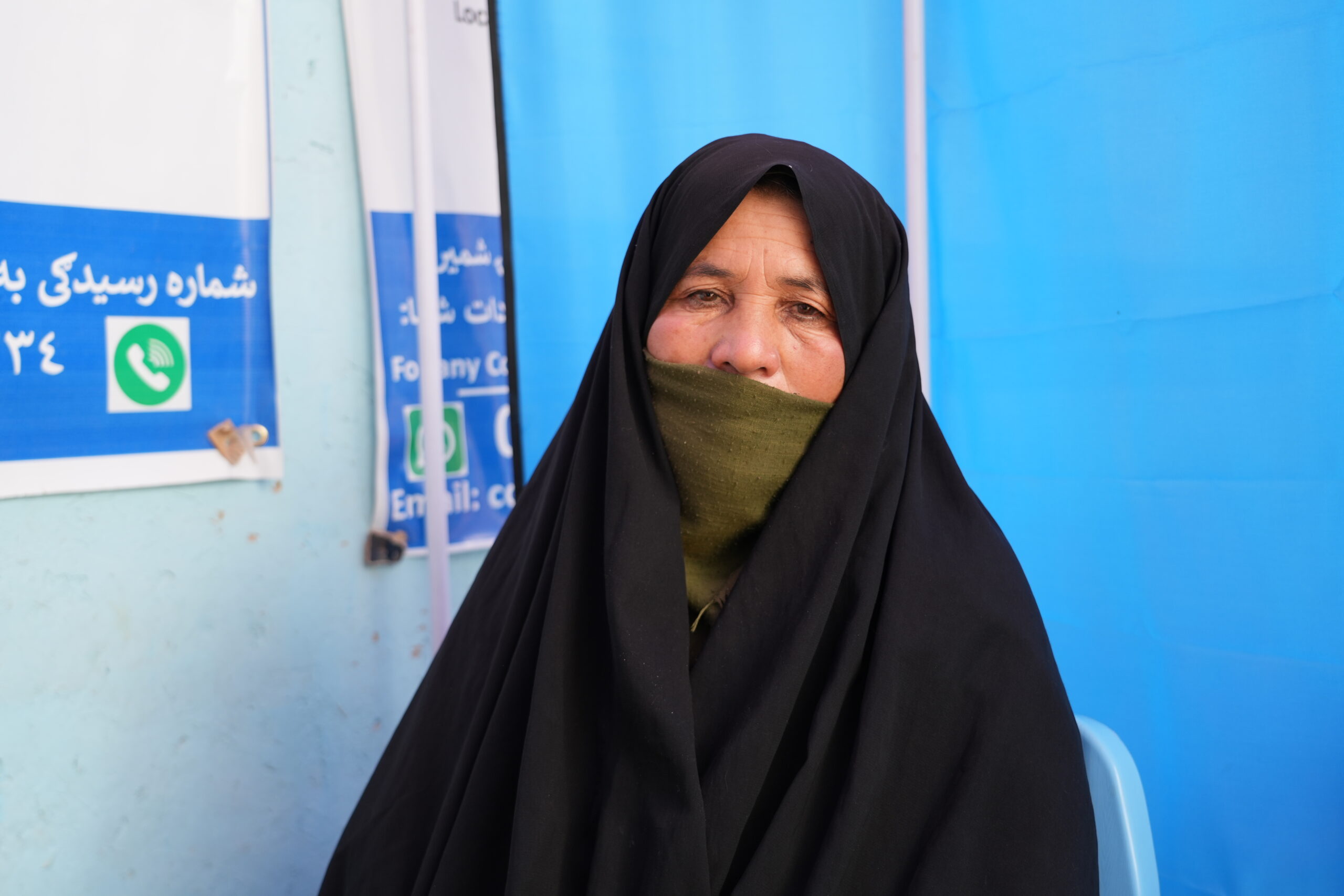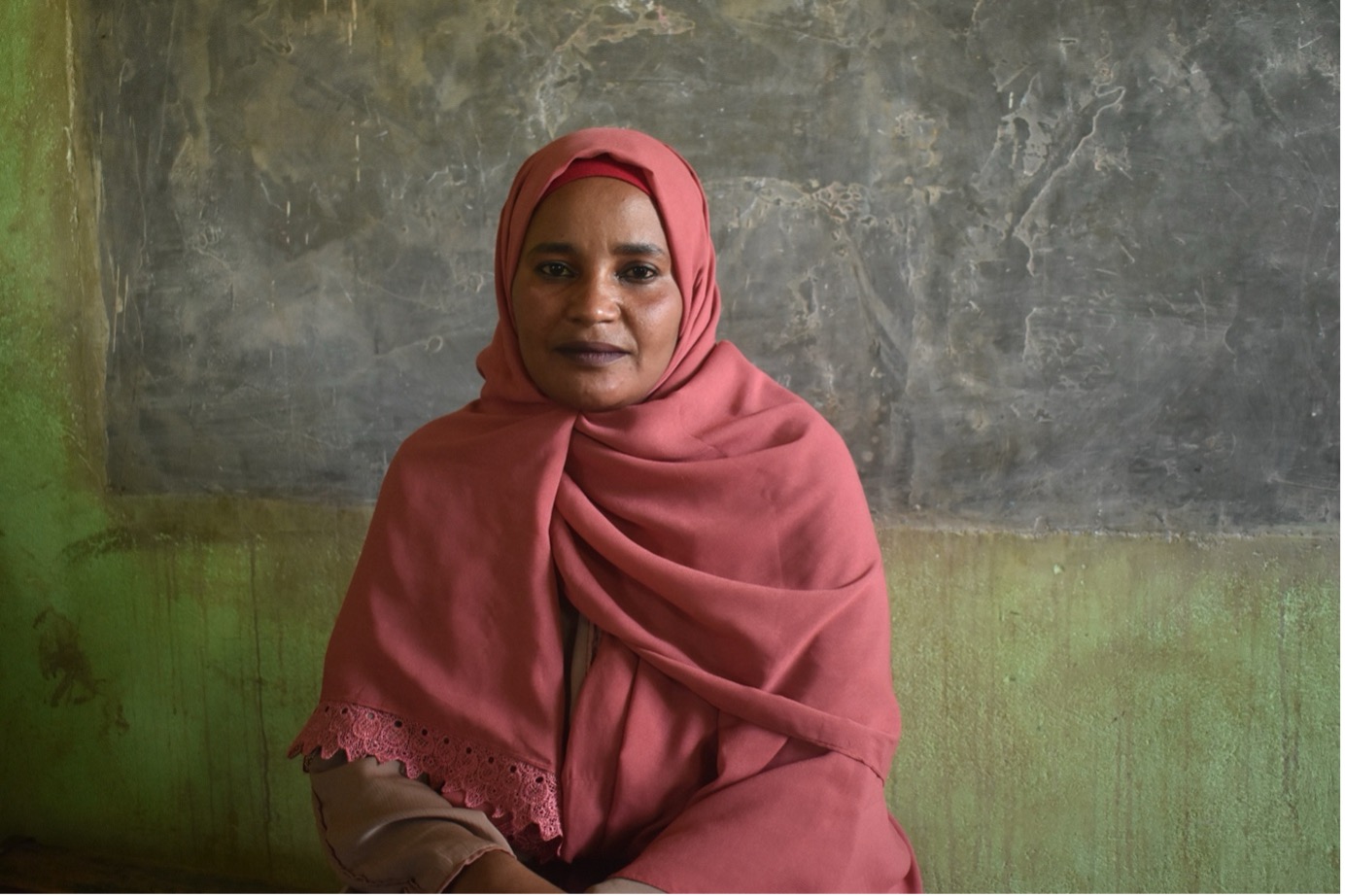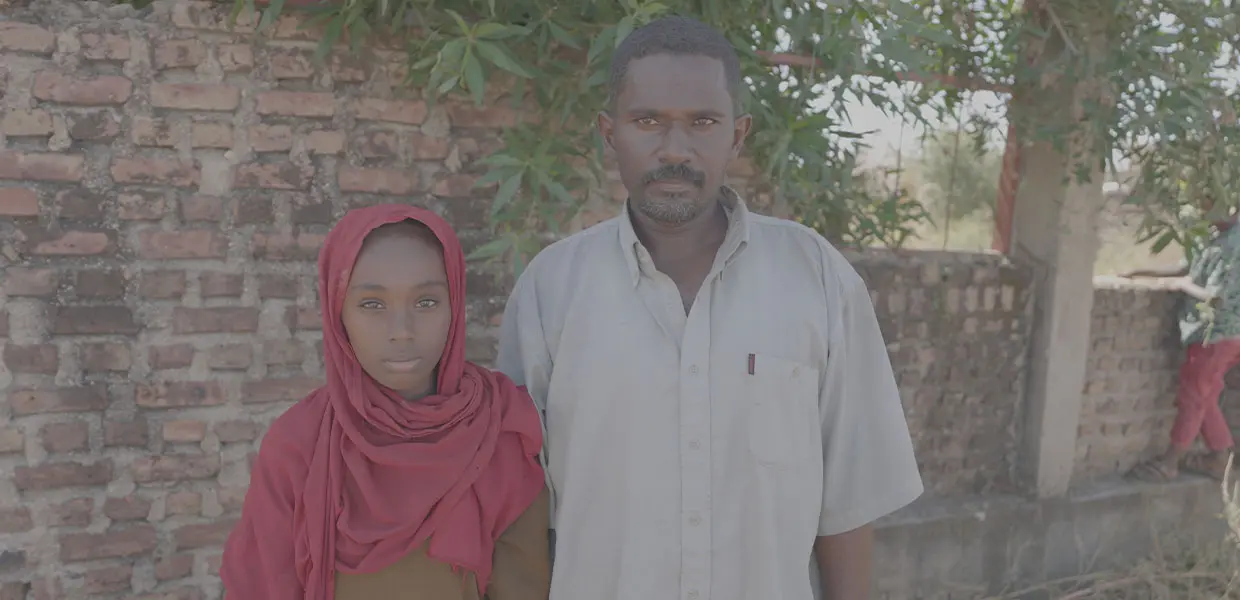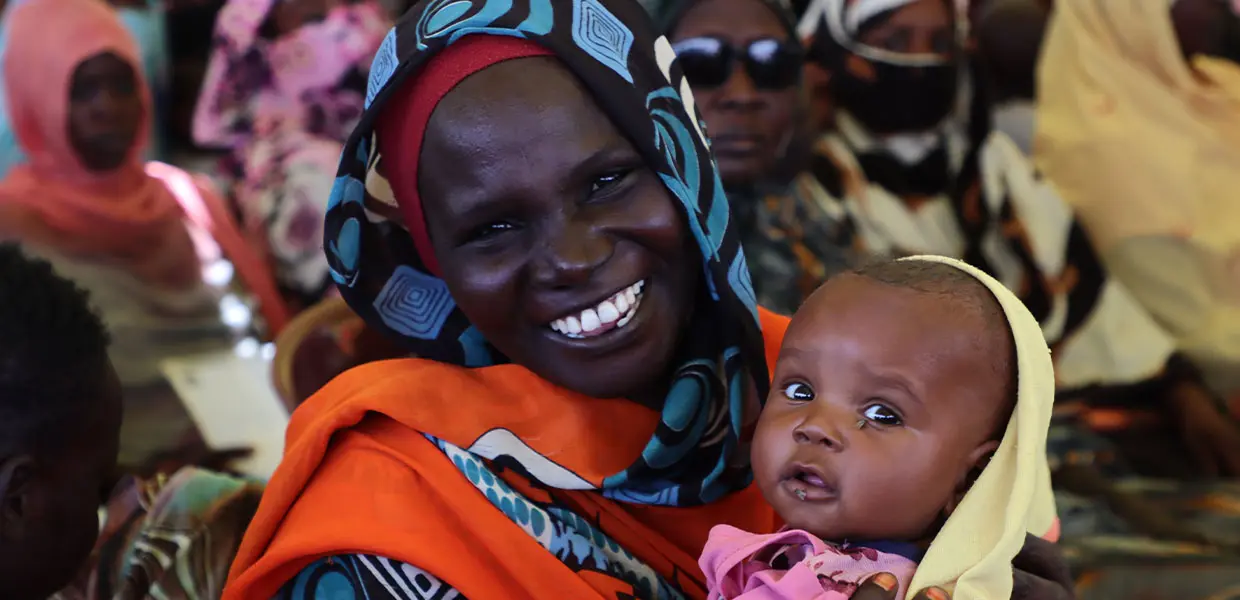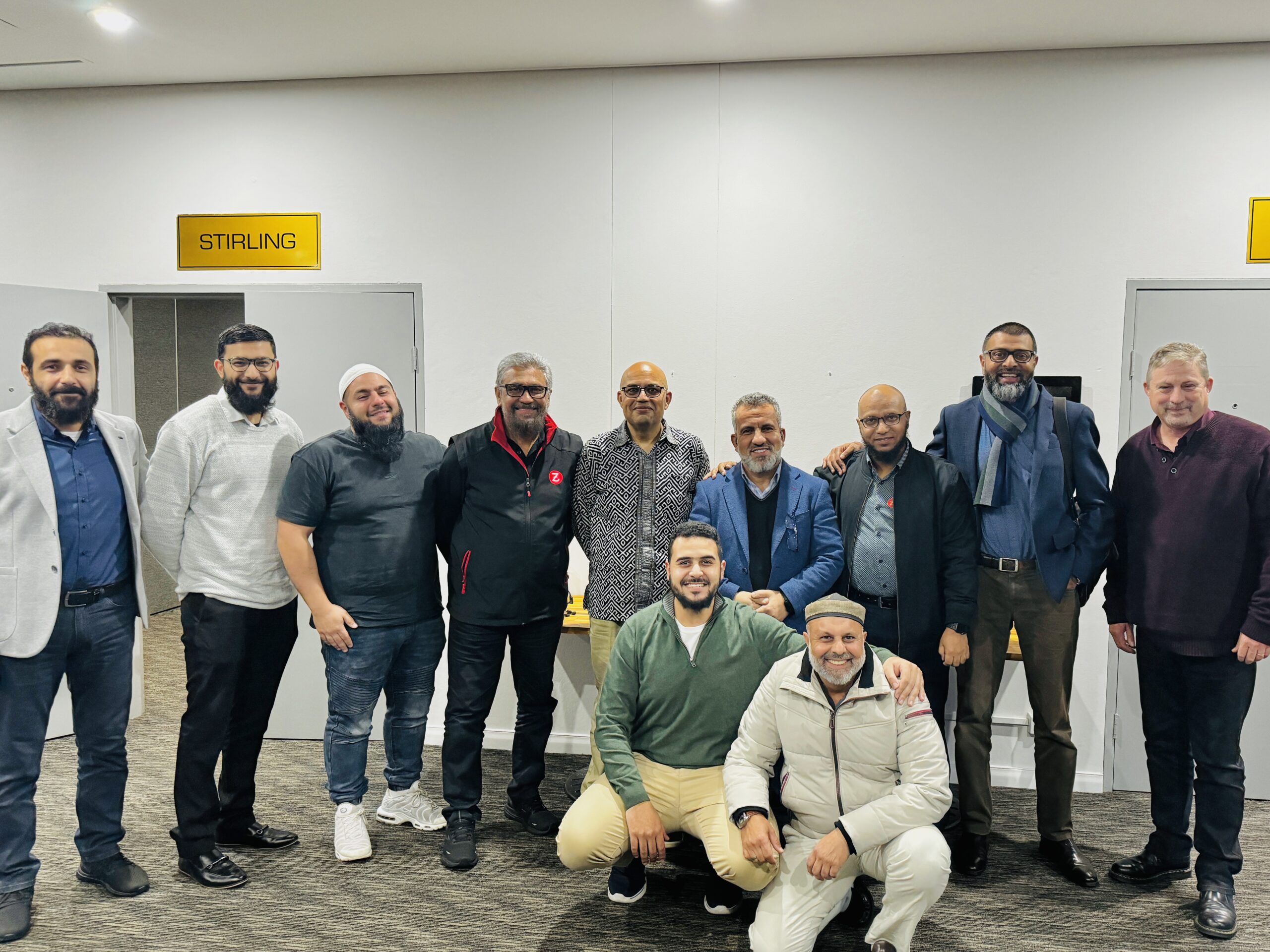
06.24.24
Islamic Relief Australia Hosts Dr Shariq Siddiqui for Groundbreaking Discussions on Muslim Philanthropy
Islamic Relief Australia was honoured to welcome Dr Shariq Siddiqui, a leading authority in the field of philanthropic studies, to Sydney.
As an Assistant Professor of Philanthropic Studies and the Director of the Muslim Philanthropy Initiative at Indiana University’s Lilly Family School of Philanthropy, Dr Siddiqui is renowned for his extensive research on Muslim philanthropy and the nonprofit sector.
During his visit, Dr Siddiqui engaged in meaningful dialogue with the Islamic Relief Australia team. He, likewise, shared insightful conversations with invited key representatives from other prominent charities, including the National Zakat Foundation, Penny Appeal Australia, and Muslim Aid Australia.

Understanding Muslim Philanthropy
These interactions were a pivotal part of his ongoing research on Muslim philanthropy. Specifically, his research into the definition and practices of charitable giving within Muslim communities worldwide, including Australia.
Dr Siddiqui’s work delves deep into the unique aspects of Muslim philanthropy. He explores how cultural, religious and social factors influence charitable behaviours in Muslim communities. His research is crucial in understanding how Muslims define and practice charity – a concept deeply rooted in Islamic teachings and traditions.
Highlights from the Indiana University Lilly Family School of Philanthropy
During the discussions, Dr Siddiqui shared valuable insights from the Indiana University Lilly Family School of Philanthropy’s findings on the Muslim charity sector. These highlights included:
- Diverse Motivations for Giving: Muslims are motivated by various factors when it comes to charity. Religious obligations (such as Zakat and Sadaqah), a sense of community responsibility, and the desire to support social justice causes, were among the most common motivators.
- Innovative Philanthropic Practices: The research identified innovative practices within the Muslim charitable sector. These include the use of technology in fundraising and the emergence of social enterprises aimed at sustainable development.
- Challenges and Opportunities: Dr Siddiqui emphasised the challenges faced by Muslim charities. Examples include regulatory hurdles, the need for greater transparency, and combating negative stereotypes. However, he also highlighted the vast potential for growth and impact within the sector, especially with increased collaboration and knowledge sharing.
Building Bridges and Enhancing Collaboration
The visit was more than just an academic exercise. It was a step towards fostering stronger ties between Muslim charities in Australia and international philanthropic networks.
Dr Siddiqui’s interactions with the heads of the National Zakat Foundation, Penny Appeal Australia, and Muslim Aid Australia highlighted the importance of collaboration. To address common challenges facing Muslim charitable organisations overall, allowing us to maximise our strengths and minimise any weaknesses.

By doing so, we have more potential to enhance the effectiveness of our charitable efforts. Thus, deepening our relationship with the Australian Muslim community and allowing their donations to reach more people in need.
The Future of Muslim Philanthropy
Dr Siddiqui’s visit to Sydney marks an important milestone in the global study of Muslim philanthropy. His efforts to gather information from various parts of the world, including Australia, contribute to a more comprehensive understanding of how Muslim communities engage in charitable activities.
This knowledge is vital for developing strategies that can maximise the impact of philanthropy within these communities.
Ayman Abdelhady, Head of Marketing at Islamic Relief Australia, expressed his enthusiasm about the initiative, stating:

In conclusion, Islamic Relief Australia is proud to have hosted Dr. Shariq Siddiqui and looks forward to continuing this valuable exchange of ideas and expertise.
Together, with our partners in the charity sector, we commit to advancing the cause of Muslim philanthropy. To make a positive difference in the lives of those we serve, now and in the decades to come.

